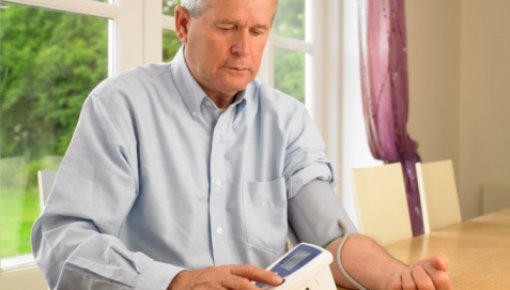Lowering blood pressure without medication

Constant high blood pressure can damage blood vessels and increase the likelihood of long-term health consequences. It's possible to lower your blood pressure somewhat without using medication.
There are different ways to manage high blood pressure. The aim is always to get blood pressure down to a level that reduces the risk of long-term health consequences. If your blood pressure is only a little too high, it could be worth trying to change some of your habits and generally pay more attention to your health. If that doesn’t lower your blood pressure, medication may be an option.
There's a whole lot of advice about lowering blood pressure on the internet and in other media. It is often claimed that certain diets, acupuncture, teas or special dietary supplements can help to lower blood pressure. But these claims aren't backed up by scientific research.
Only a few methods have been proven to work – so it may be a good idea to focus on what is truly effective:
- losing a bit of weight,
- eating less salt, and
- getting an extra 30 minutes of exercise every day.

